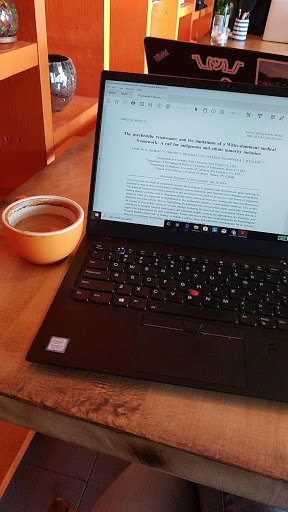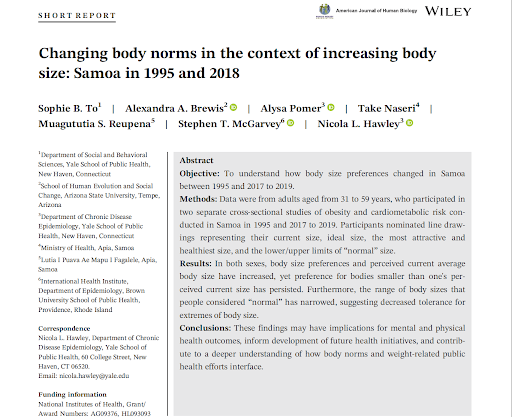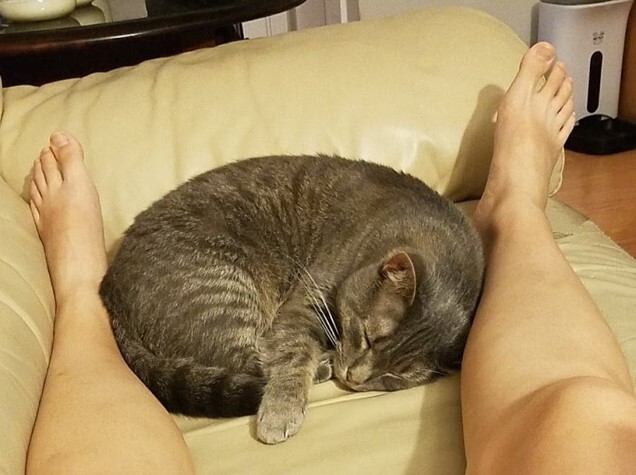Broadening My Worldview Through Writing
By Sophie T., a Writing Coach
This pandemic has no doubt made learning a huge challenge—but if anything positive has come out of my learning experience, it’s that I am constantly pushed to think critically about the world every time I put pen to paper.
In one of my classes last semester, our task was to develop a public health intervention targeting a health issue of our choosing. On the first day, my professor urged us to consider current societal contexts (like COVID, social justice movements, and politics) to ensure that our intervention would be relevant, appropriate, and impactful. For example, if we were interested in cancer survivors’ mental health, perhaps our intervention would be a peer support group. But how might COVID-19 affect that? Would an online support group work?
That class freshly reminded me of all the ways I could use writing assignments to broaden my worldview—not just during a pandemic, but anytime. In contemplating this further, I recognized that writing assignments have helped me grow in several major ways:
- They’ve provided spaces for me to learn about issues outside of my radar or comfort zone: There’s no better place to explore something you’re curious about than a writing assignment. Last year, in my health communication class, we had to write a critique of a scholarly article. I almost chose an article from the field of body image (my bread and butter), but I instead picked one about drug decriminalization, a topic that had intrigued me for a while but that I knew pretty much nothing about. That turned out to be one of my favorite assignments, and it’s impacted me beyond the classroom, too: Now that I know more about drug decriminalization, I am also a more informed voter when it comes to drug policy measures.

Coffee and reading/writing, a match made in heaven! The journal article pulled up there was one of my favorites as I started learning more about drug policy. - They’ve shaped my opinions (and shown me that it’s ok to change my opinion based on what I learn): Lots of writing assignments require students to do research and develop an argument. Through doing those assignments, I’ve improved my skills in considering various viewpoints (including ones I disagree with), assessing the credibility of my sources, and gradually fleshing out my perspective on the issue at hand. For example, my current views on identities such as race, gender, and sexual orientation have certainly evolved after I’ve had to reckon with them across dozens of argumentative writing assignments. Those views in turn shape how I perceive my own identities and how I interact with other people.
- They’ve forced me to try out new ways of discussing topics I know well: One of my favorite challenges is writing about a topic but for a target audience different from the one I’m used to. For example, I’ve written lots of journal-article-style papers, but policy classes taught me how to write about health issues in a way that would convince legislators. Learning how to engage with different groups of people about the same subject is not just a great party trick; it also pushes me to gain a more nuanced understanding of the subject itself.

My very first first-author journal article! This article grew out of my Master’s thesis, which to my knowledge holds the record of Shortest Thesis of All Time at 1500 words.
Reflecting on my way-too-many years as a student, I have come to realize that many of the causes that I care most about started as writing assignments for class—like my research in body image, which began as a series of reflections I wrote about weight stigma in a class aptly called Stigma and Health. Or my interest in media representation of marginalized groups, which grew out of a final paper I wrote for a disability studies class, where I examined the function of ableist language in articles by The Onion.
I remember stepping into those classrooms not thinking they were all that related to my career path. But here I am, thousands of words and hundreds of coffees later, having opened my mind to knowledge and perspectives that ended up shaping my worldview profoundly. I can’t wait to see what new worlds my future classes will open!

This blog showcases the perspectives of UNC Chapel Hill community members learning and writing online. If you want to talk to a Writing and Learning Center coach about implementing strategies described in the blog, make an appointment with a writing coach, a peer tutor, or an academic coach today. Have an idea for a blog post about how you are learning and writing remotely? Contact us here.

